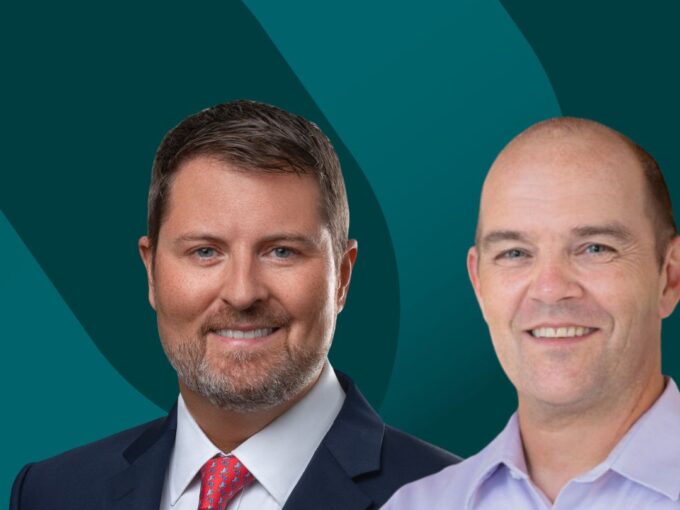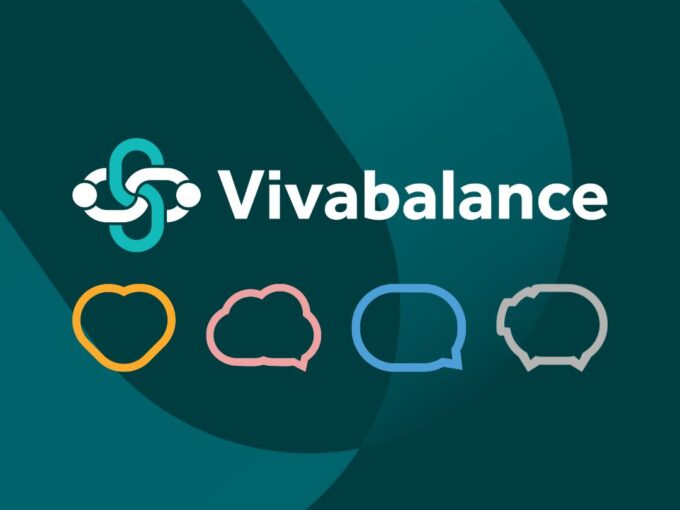With an estimated US$15.4 trillion set to be transferred to the next generation (“NextGen”) by 2030, wealth service providers are understandably focused on the emerging cohort of global wealth holders. Equally important, though often overlooked, is the next generation of wealth industry professionals, who will play a pivotal role in shaping the future of the industry.
The changing landscape of wealth
The millennials and Gen Z (born 1981-2012) set to inherit significant wealth have been recognised for generally having different priorities, attitudes toward money, and expectations from their service providers compared to their predecessors.
These younger generations often have a more global perspective, are more likely to be entrepreneurial, and have strong values around sustainability, impact investing, and social responsibility. They are digitally savvy, expect transparency, and are more inclined to collaborate with advisors who understand their lifestyles and beliefs.
As a result, private client service providers must adapt not only their offerings but also how they engage with this new wave of wealth holders. A key component in successfully navigating this transition is ensuring that NextGen professionals are at the forefront of service provision. The correlation between NextGen staff and NextGen clients is crucial, as both bring fresh perspectives that foster innovation, trust, and long-term relationships.
The role of NextGen professionals
The presence of NextGen professionals within private client service firms is essential for successfully managing the needs of NextGen clients. Younger professionals bring a shared understanding of the values, concerns, and goals of their peers. This shared generational mindset fosters trust and rapport, making younger clients more likely to engage with advisors who they feel understand their world.
NextGen staff are often more attuned to the latest technological trends, such as blockchain, cryptocurrency, and digital assets, which, in our experience, are of growing interest to clients across all age demographics. They also tend to have a more progressive approach to wealth management, embracing innovations such as environmental, social, and governance (ESG) investing. By having younger professionals in their ranks, private client service providers can ensure they remain relevant and relatable to their NextGen clients.
Bridging the generation gap
NextGen wealth holders are not just looking for wealth preservation; they want to align their wealth with their values, particularly when it comes to social impact and sustainability.
However, the transition of wealth can also be a point of friction between generations, as older generations may have a more traditional approach to investments and philanthropy. In this context, experienced NextGen private client service providers play a critical role in bridging the generation gap by facilitating communication and understanding between family members.
Younger professionals can, potentially, act as ‘cultural interpreters’, helping the older generation understand the perspectives and priorities of their heirs while ensuring the younger generation appreciates legacy of the family. This role is particularly important in families where wealth has been accumulated over multiple generations, and there is a need to balance tradition with innovation.
Likewise, the NextGen may bring fresh, innovative perspectives when working alongside more experienced team members. To fully harness this potential, workplaces must foster an inclusive environment that not only welcomes these new ideas but also actively encourages the NextGen to have a voice. Providing opportunities for them to contribute meaningfully will ensure their perspectives are integrated into decision-making processes, driving innovation and growth, for the ultimate benefit of both clients and the future of the wealth industry.
Building lasting relationships
One of the most important factors in the success of any private client service provider is the ability to build long-term relationships with clients and intermediaries alike. This is especially true when working with high-net-worth families, where relationships can span multiple generations. For these relationships to be successful, trust and understanding must be nurtured over time.
NextGen professionals are uniquely positioned to build and sustain these relationships. They can establish early connections with younger clients, laying the foundation for long-term trust. As they grow with the client, they will be better equipped to adapt their services as the client’s wealth management needs evolve over time.
The connection between NextGen professionals and NextGen clients is not only a matter of shared age but also of shared outlooks. Both groups are driven by innovation, value transparency, and have a strong interest in using wealth to effect positive change. This alignment makes it easier for NextGen professionals to build rapport and trust with younger clients, leading to more meaningful and productive relationships.
Supporting professional NextGens
As the wealth management industry continues to shift (dubbed The Great Wealth Transfer), the most successful firms will likely be those that recognise the importance of cultivating NextGen talent within their organisations.
An integral part of this is providing a platform for NextGen professionals. While previously considered somewhat of a ‘generation on pause’, waiting patiently in line for senior positions to open, the NextGen has a great deal to offer and contribute. Initiatives like the STEP NextGen Committee are a prime example of how the industry is adapting to provide more support to the NextGen, aligned with the changing needs of a modern workforce.
The future of private client services lies in the hands of the next generation—both in terms of wealth holders and the professionals who serve them. By fostering the development of NextGen staff, firms can ensure they are well-positioned to deliver client service excellence.
This article was first published in ThoughtLeaders4 Private Client Magazine Issue 16.











